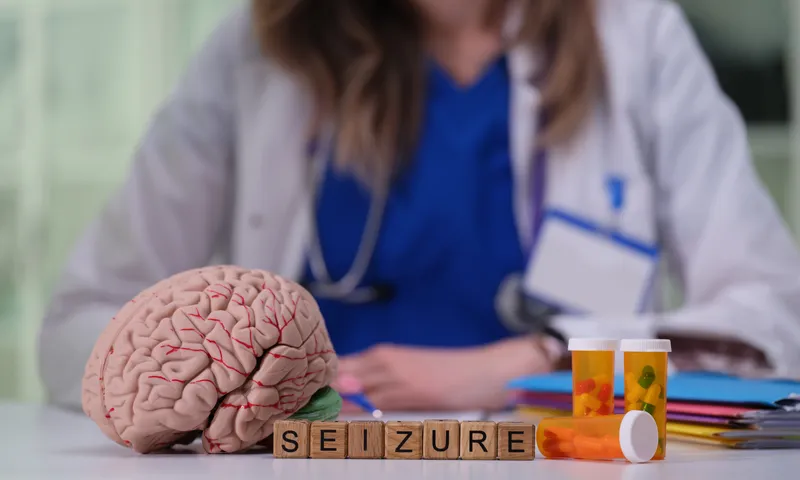Can Electrolyte Imbalance Cause Seizures

When thinking of seizures, many people tend to associate them with epilepsy, head injuries, strokes, or brain tumours. These are not only common causes of seizures, but they are also highly visible, well-known conditions, which are frequently portrayed by the media. But did you know various other conditions may cause a seizure, like brain infections, high fever, drug or alcohol withdrawal, certain medications, extremely low blood sugar, and kidney or liver failure?
This article focuses on the question of whether electrolyte imbalance can cause seizures. It also explains what an electrolyte imbalance is, what types of mineral disturbances may contribute to seizures, and how electrolyte imbalances can be treated to prevent them.
What You Should Know About Electrolyte Imbalance
The crucial role that essential electrolytes, such as sodium, potassium, calcium, magnesium, chloride, phosphate, and bicarbonate, play in the human body is often overlooked. They not only regulate nerve signals and maintain hydration, but they also ensure balanced pH levels and control muscle contractions, including those of the heart muscle. However, electrolyte levels may become too high or too low when the body is dehydrated, exposed to severe burns or trauma, or if kidney disease, heart failure, uncontrolled diabetes, or other conditions are present.
The sooner such an electrolyte imbalance is treated, the better. While symptoms may start with mild fatigue or muscle weakness, they can become more severe with time and can include an irregular heartbeat, confusion, and paralysis. Eventually, they may become life-threatening and require emergency care.
Can Electrolyte Imbalance Cause Seizures?
Yes, an electrolyte imbalance can cause a seizure, particularly when it’s severe. The seizure risk is exceptionally high when the disturbance is severe and sodium, calcium, magnesium, or, more rarely, potassium levels are affected. If any of these minerals involved in electrical brain signalling are imbalanced, the misfiring of nerve cells can result in an abnormal burst of activity, commonly known as a seizure.
How to Treat Electrolyte Imbalance and Prevent Seizures
Determining the exact reason for the imbalance and identifying the key mineral affected is crucial to successfully treating electrolyte imbalance and preventing related seizures. Depending on the severity and specific cause of the imbalance, several steps can be taken to address the issue. Apart from treating underlying health problems, such as diabetes or heart failure, adjusting your diet and taking prescribed oral supplements can be beneficial.
For example, if your potassium levels are low, eating bananas and taking potassium supplements, such as K-Dur and Urocit-K, can help replenish them. Other measures that can help you restore a healthy electrolyte balance quickly might include adjusting your medications, such as diuretics and certain heart drugs, as well as managing your fluid intake since both dehydration and overhydration can cause imbalances. In more serious cases, IV fluids, intravenous electrolyte replacement, and additional medications may be needed to correct high electrolyte levels.
While it’s crucial to act quickly when electrolyte levels are dangerously high or low, rapid correction of certain imbalances, like sodium, can lead to neurological complications. Therefore, working closely with your doctor, scheduling regular blood tests and monitoring your heart is essential. This also ensures the effectiveness of your treatment and avoids recurring electrolyte imbalances.
IMPORTANT NOTE: The above information is intended to increase awareness of health information and does not suggest treatment or diagnosis. This information is not a substitute for individual medical attention and should not be construed to indicate that use of the drug is safe, appropriate, or effective for you. See your health care professional for medical advice and treatment.


